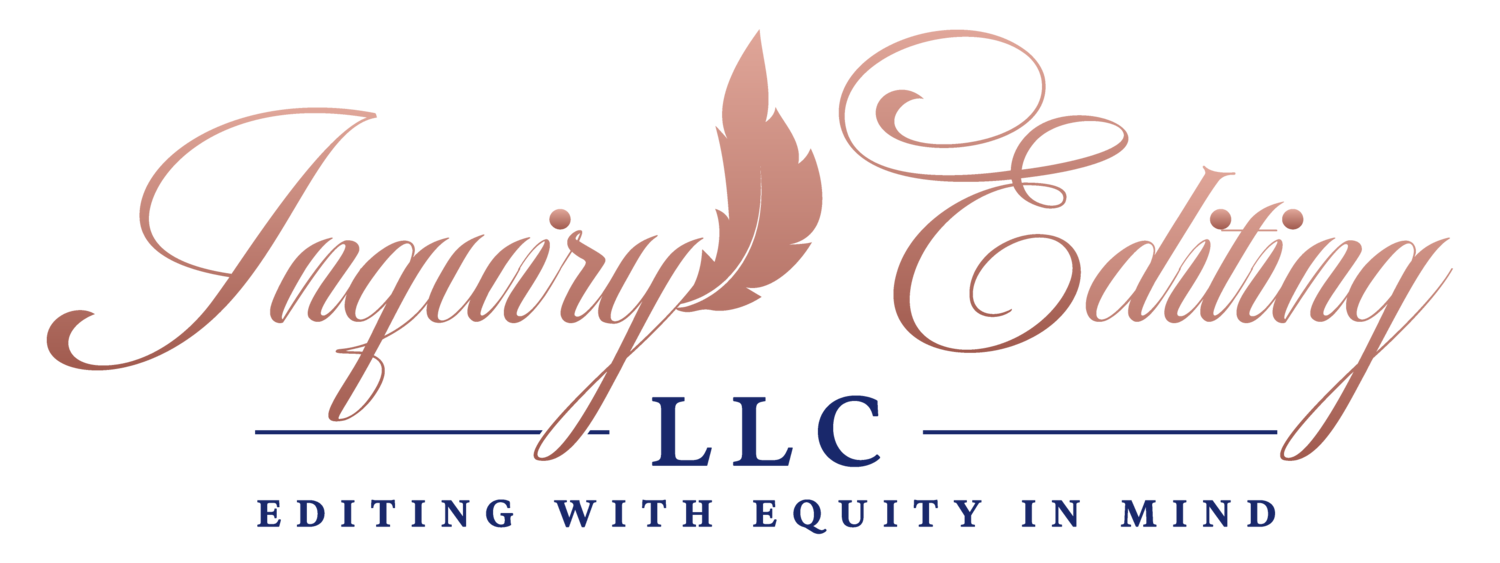Revisiting Old Ideas
As many of you know, I have a subscription to the site, Masterclass, which boasts courses from luminaries across the globe. In line with my thinking from last week’s blog, I recently sat down to expand my comfort zone in singing. I watched Mariah Carey’s masterclass. In it, she opines on her process of creating music while she meanders through the process of creating a new version of “The Roof (Back in Time)” from the Butterfly album. Using her private studio, The Butterfly Lounge, she turns the sexy, gritty original into “The Roof (When I Feel the Need),” a more dreamy, lush version with string quartet and Brandy Norwood’s full, rounded alto sound layering the backing vocals.
I like the new version of the song. I appreciate the glimpse into Mariah Carey’s production process. We too often think of her as a singer only, rather than a producer and songwriter, steeped in jazz, R&B, and operatic traditions. Her decision to revise her “old idea” strikes me as a process that can often happen with a long career: a useful glance back at the past.
While early in my career, I saw several iterations of this idea. I took a class on Edward Said, where we read the entire oeuvre. I also spent a summer reading all the work by Octavia E. Butler. When writing New Body Politics, I buried myself in Danzy Senna’s work. The same is true for other authors I’ve studied like Tananarive Due, Nalo Hopkinson, Victor Lavalle, Mat Johnson, and Suheir Hammad. What I find is a collection of works that allows for the author to return to certain ideas. Said, for example, is consistent without being unyielding to global realities; he is principled in his political stances, focused in his desire for justice and Palestinian liberation. Nalo Hopkinson’s oeuvre mines the complexity of Black worlds and world making. Tananarive Due and Victor Lavalle both muddy the line between the disturbingly real and the fictionalized horrific.
It is not unusual for scholars and writers to keeping returning to certain ideas and motifs in their work. Mariah Carey’s decision to revise struck me as more deliberate than I have ever been. In retrospect, my work has certain obsessions, curiosities, and themes, but I have not yet deliberately revised my own ideas.
I wonder what that would look like. I wonder, for those of us with years between our first work and now, what it might be to go back while we look forward.
